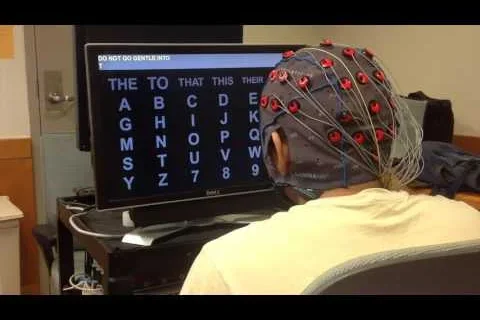
William Speier, PhD
Assistant Professor
924 Westwood Blvd, Suite 420
Los Angeles, CA 90024-2943
About
Robotics, natural language processing, and machine learning have made amazing advances over the past few decades, with significant time and funding dedicated to development of countless applications of these fields. Nevertheless, no machine-based system can match the versatility or robustness of the human brain; human-created language and image processing systems are vastly inferior to their biological counterparts; and human decisions and mechanical actions remain the gold standard in the medical field. The goal of my research is to bridge the gap between the brain and machine applications through:
Learning the underlying processes in the function of the human brain
Creating interfacing software to facilitate brain-machine interaction
Developing closed-loop systems to modulate patient treatment based on their physiological state
An example of a brain-computer interface project from our lab can be seen below:

Current Projects
Membership and Service
- Assistant Professor, Department of Radiological Sciences